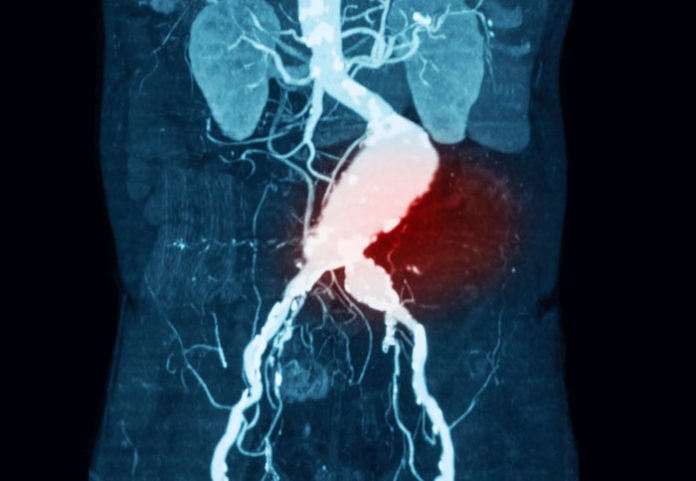An abdominal aortic aneurysm is an enlarged area in the lower part of the aorta, the major blood vessel that supplies blood to the body. The aorta, about the thickness of a garden hose, runs from your heart through the center of your chest and abdomen.
Because the aorta is the body’s main supplier of blood, a ruptured abdominal aortic aneurysm can cause life-threatening bleeding.
In 2009, NHS launched an ultrasound screening method to detect and treat the condition in men aged 65 and more. In UK, most men are more likely to benefit from the method.
An estimation suggests that this population screening programmes for men have reduced almost 40% AAA-related mortality in countries such as the UK, Sweden, and the United States.
A new study by the Imperial College London aims to check the results in women. For this, they used datasets to simulate outcomes of a screening programme for women.
The analysis revealed that screening women – based on the current criteria for men – could potentially reduce deaths from AAA among women by 7 percent for those aged 65 to 75 and by 3 percent from age 65 to 95.
Professor Simon Thompson, a statistician based at the University of Cambridge and who led the project said, “We used a sophisticated computer model to find out whether an AAA screening programme for women would be cost-effective. This showed that if women were also offered to screen, only a very small number would benefit and the cost of such a screening programme would not be a good use of NHS resources.”
Professor Janet Powell, Visiting Professor at Imperial’s Department of Surgery & Cancer and co-author of the paper, said: “We need better information on aortic sizes of women at different ages, to see whether we have been using the wrong diagnostic threshold in women and therefore whether the population prevalence has been underestimated in women. We also need to reduce the operative mortality in women and find out whether screening has adverse effects on quality of life.”
“A future step would be to see if there are certain groups of women at higher risk of the disease who might benefit from a targeted screening programme.”
Scientists also noted that further research is required to understand the condition in women and understand the additional risk.
The study is published in the journal Lancet.
